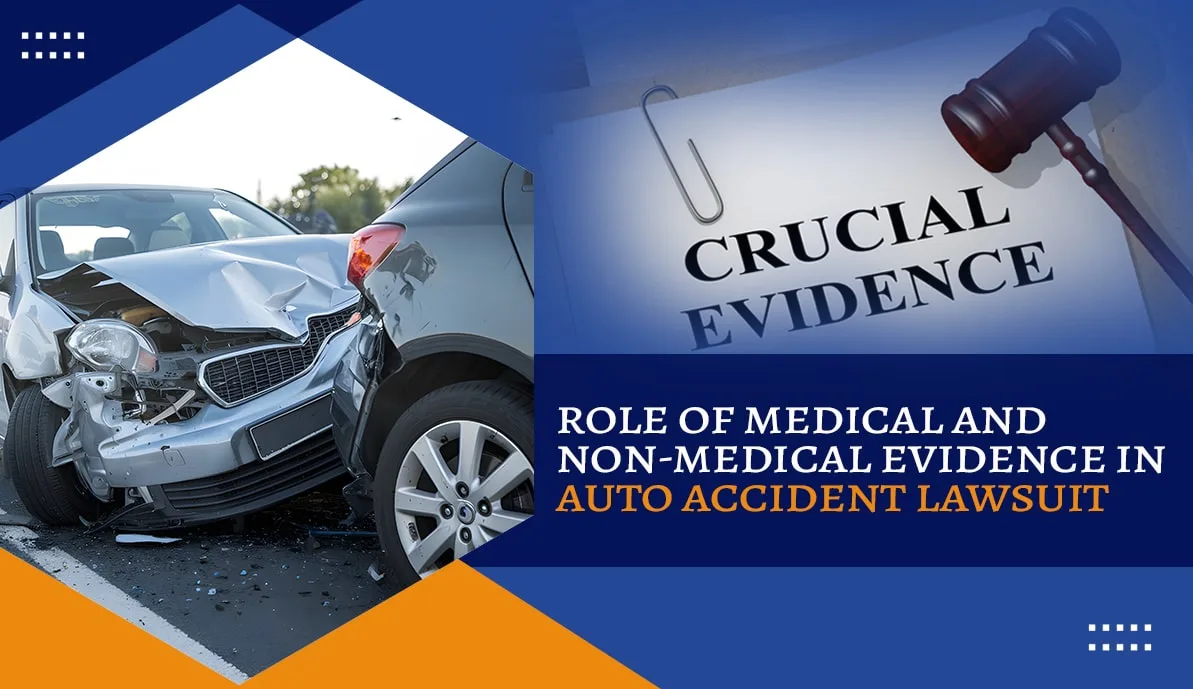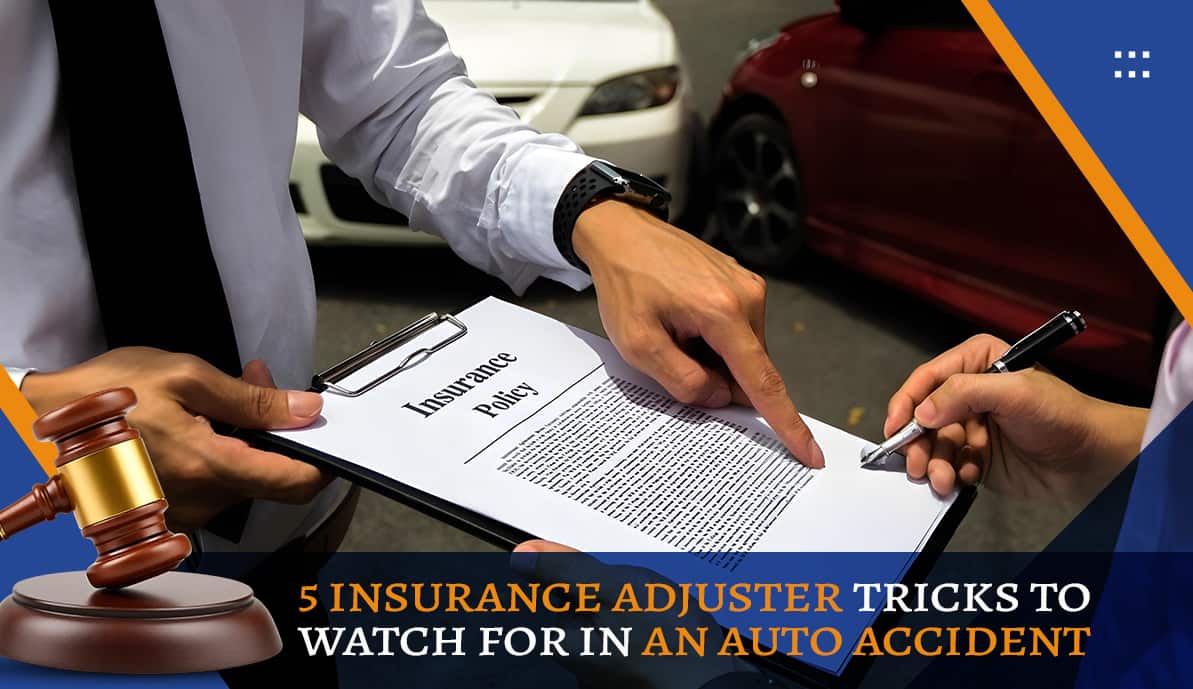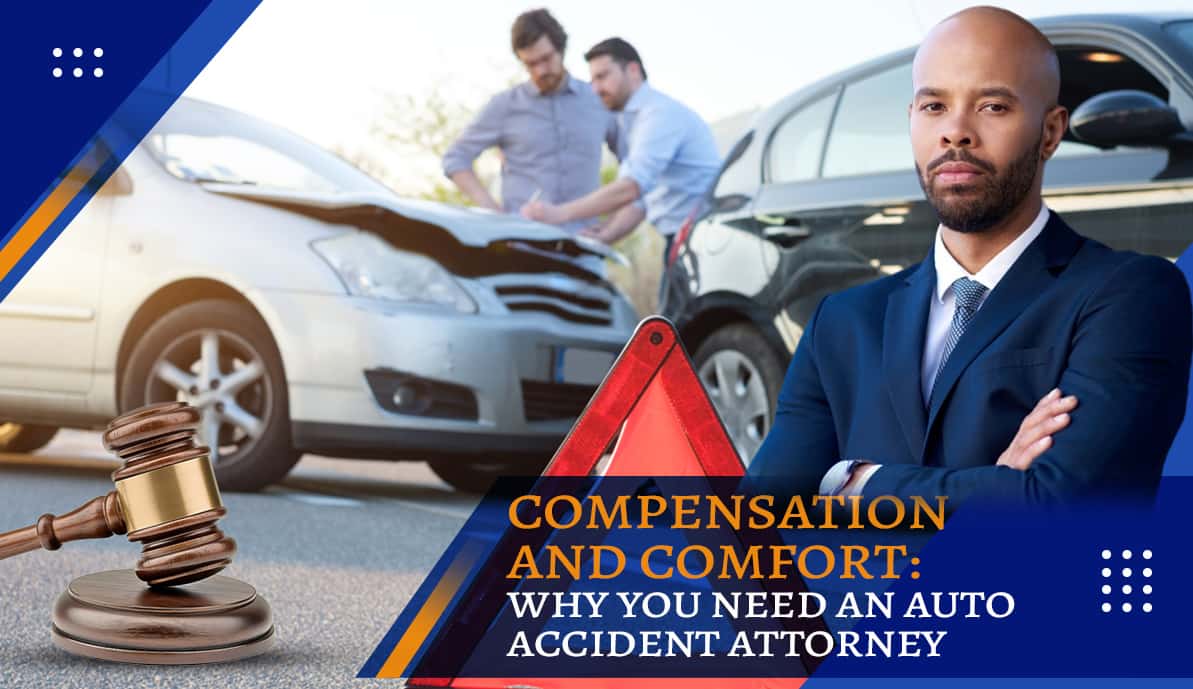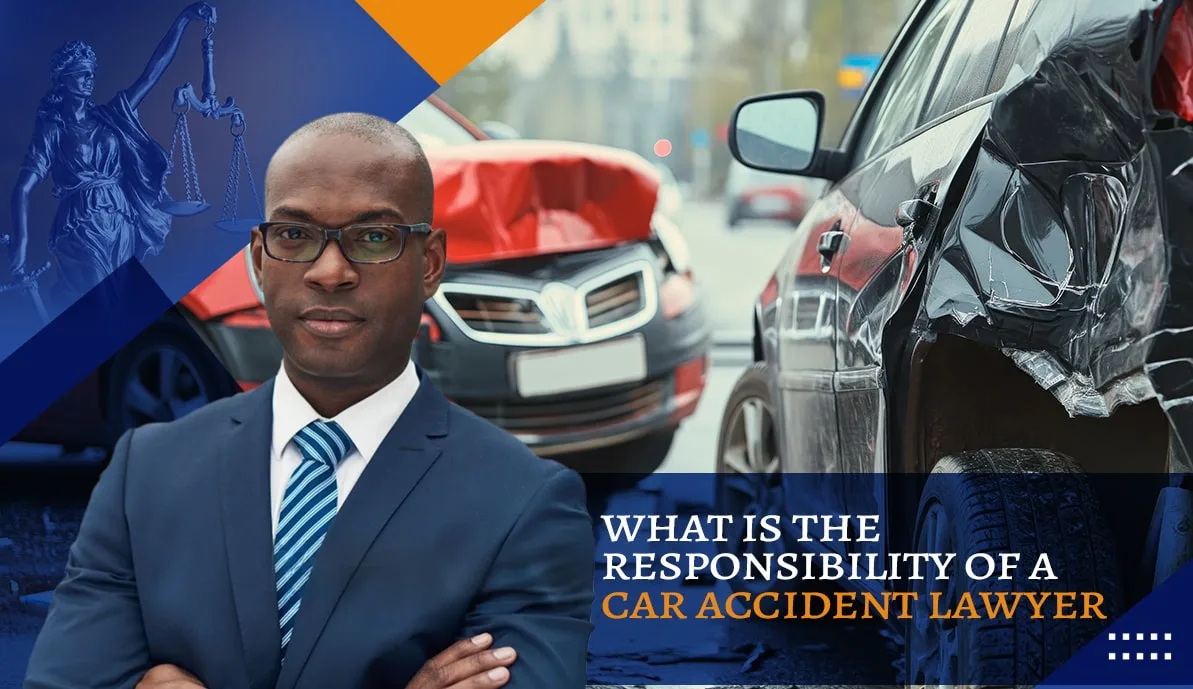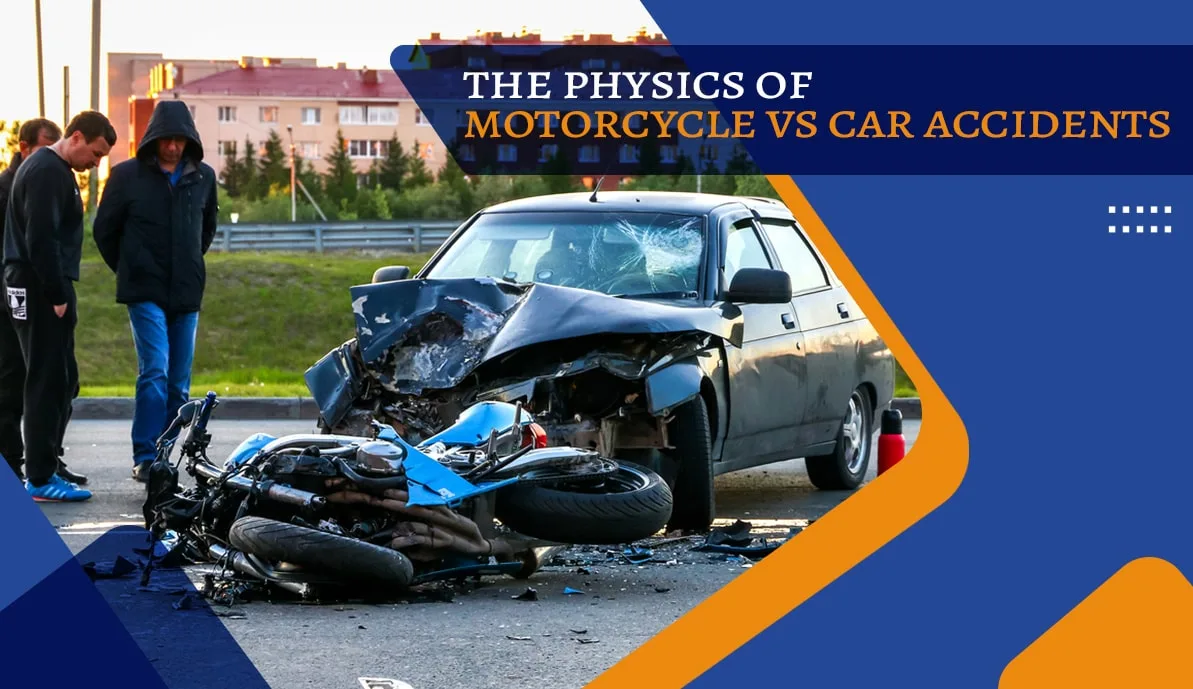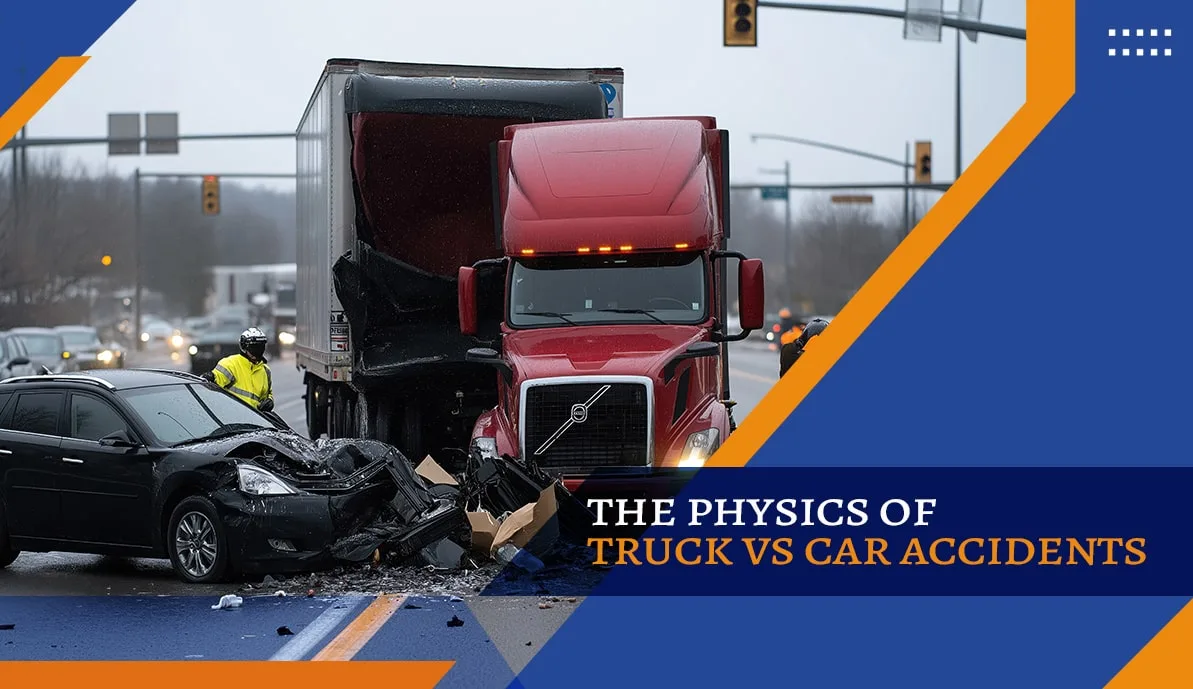We understand that the road to recovery after an auto accident may feel uncertain and lengthy. We think about how physical injuries and emotional distress take a toll on your overall well-being and your loved ones. If you or your loved ones are in a similar situation, you can file compensation claims with us.
At Abercrombie, P.A., our experienced lawyers assess the extent of your damages and use your medical and non-medical records as a way to strengthen your claim. The auto accident attorney at our firm protects your rights and ensures you get the much-needed medical attention you deserve.
In this blog, we will discuss the significance of your medical and non-medical records in a compensation claim after an auto accident.
How Do Medical Records Help You in a Personal Injury Lawsuit?
Rule Out Pre-Existing Conditions
During a personal injury lawsuit, it is essential to establish the link between the cause of injuries and the auto accident. The insurance companies frequently reject injury claims by raising the following points:
- The injuries arise due to pre-existing conditions rather than accidents
- The injuries resulted from a different event after the accident
- The delay in seeking medical attention after the auto accident weakens your compensation claims.
Thus, a medical record is vital to prove the direct link between your injuries and the auto accident. These records also help establish the timeframe, showing how your injuries have progressed and whether you’ve followed recommended treatments. These medical records help our lawyers effectively deal with the insurance companies’ tactics.
Demonstrate the Severity of your Injuries
You may have neck injuries, spinal cord injuries, or other accident-related injuries after a crash or collision. Thus, the medical records prove the severity of the injuries during the auto accident lawsuit. It shows how your injuries impact your ability to work for a while or forever. Some of the key medical records to prove the extent of your injuries are as follows:
- Emergency Room Reports: It establishes the immediate impact of the crash on the victim’s overall health.
- Imaging Tests: These tests include X-rays, MRI, CT scans, and so on to provide concrete proof of internal injuries such as fractures, brain trauma, or spinal damage.
- Specialist and Physical Therapy Reports: These reports show the ongoing impact of injuries, including chronic pain and mobility issues.
- Surgical and Rehabilitation Plans: They increase the necessity of future medical care, showing your need for fair compensation.
Our lawyers use this evidence against the insurance companies’ tactics to downplay the seriousness of your injuries. Our lawyers use your medical records strategically during negotiations. It highlights the most compelling aspect of your case to create a clean and convincing narrative to push for a fair settlement.
Justify Your Medical Expenses
In an auto accident settlement, you need medical records to keep track of your expenses during your treatment. For instance, you need to keep records of the following documents:
- Ambulance Fees
- Emergency Room Fees
- Surgical Procedures
- Prescription Records
- OTC Drug Receipts
- Hospitalization Records
- Rehabilitation Records
- Therapy Records
- In-home Medical Support
- Assistive Medical Devices
Abercrombie, P.A. lawyers will collect a wide range of medical records from every medical professional, facility, and laboratory under whose supervision or where you received treatment. The evidence proves your need for compensation to cover your present and future medical expenses.
Support Pain and Suffering Claims
Pain and suffering cannot be defined as clearly as physical injuries, but they increase the value of your auto accident claim. You need more than just a verbal account of these experiences to prove your claim. Thus, you need medical records such as doctor’s notes, mental health records, witness statements, and others. It provides the objective evidence required to prove your claims of physical pain and emotional distress. We use this evidence to strengthen your auto accident litigation to receive compensation for non-economic damage.
Other Necessary Non-Medical Evidence to Strengthen Your Claim
Apart from medical records, we gather the following evidence to create a compelling case against the liable party or the insurance companies. They are as follows:
- Police Reports
They help establish the key facts of auto accidents, such as who was at fault, what caused the crash, and the extent of the damages.
- Photographs and Videos
It serves as visual proof of the accident scene, vehicle damage, and any visible injuries suffered due to an auto accident. In addition to visual representation, it shows the angle of each vehicle after the accident, skid marks on the road, and the surrounding conditions.
- Eyewitness’ Statements
The eyewitnesses can support your claim by offering a neutral view on the crash and the event that led to the auto accident. They can confirm critical details such as weather conditions, traffic signals, and actions of the driver leading to the accident.
- Work Absence Records
You need to gather copies of your pay stubs or income statements. It is essential to prove your loss of income due to the auto accident.
- Property Damage Estimates
Your vehicles may incur damages in an auto accident. You should keep copies of the estimates required to repair your vehicle. In case of complete damage, you need the actual receipt proving its original cost.
Final Thoughts
Every piece of evidence matters to strengthen your auto accident lawsuit. You need medical and non-medical records to prepare for the court trial and negotiate the settlement amount with the insurance company. Contact our auto accident attorney for expert guidance on personal injury cases.

